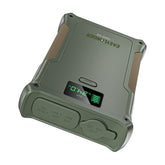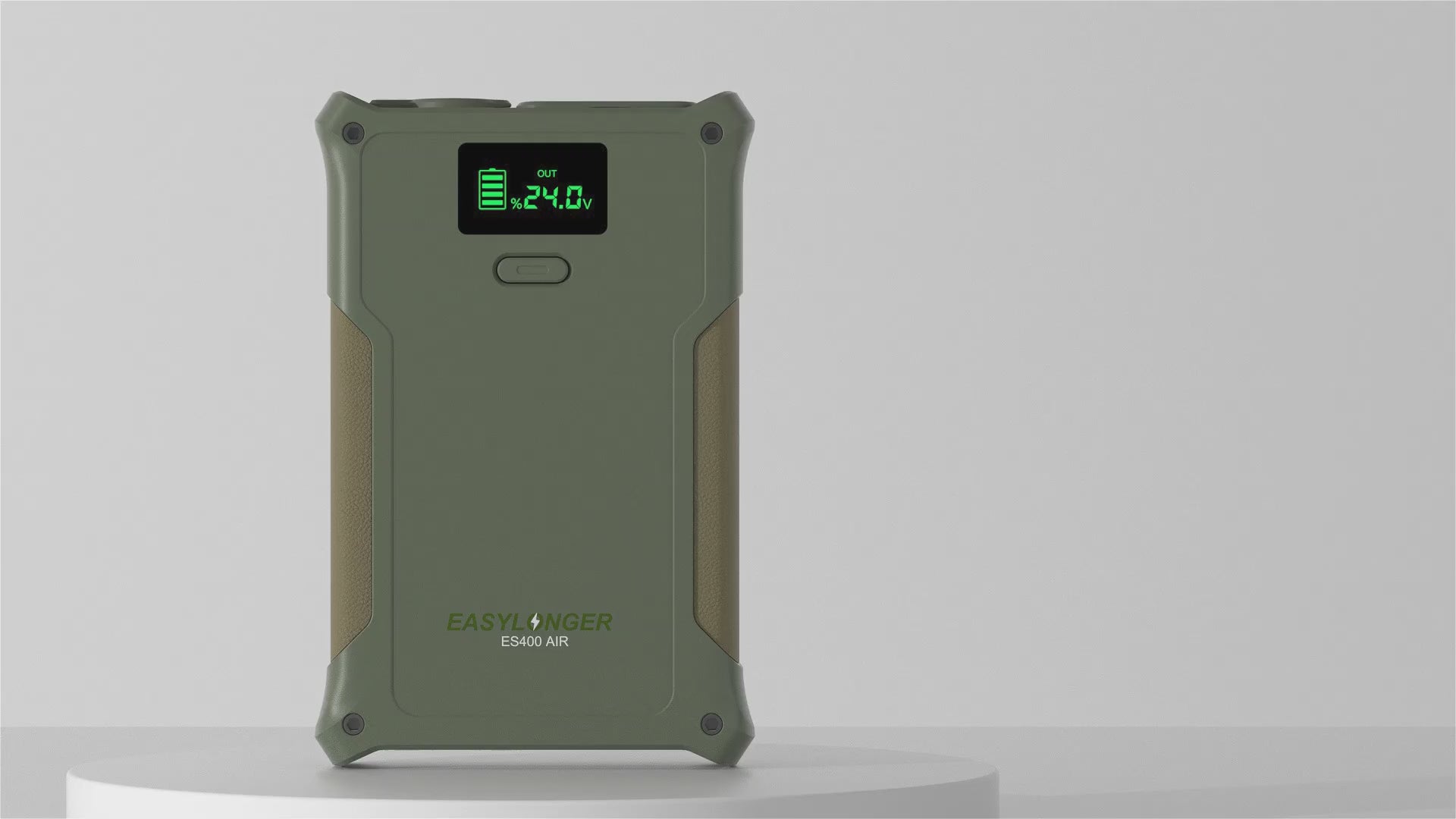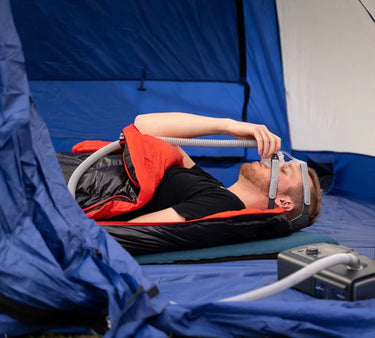Why You Feel Tired After Eating: The Science Explained
Why You Feel Tired After Eating: The Science Explained
Ever noticed how you can feel an overwhelming desire to take a nap right after eating? It’s not just a coincidence. There are various scientific reasons behind the wave of tiredness that follows meals. But what’s really happening inside your body to cause this fatigue, and how can you prevent it? Let’s dive into the science and explore some of the most common causes of post-meal tiredness and ways to avoid that sluggish feeling.
Nutrition and Its Impact on Energy Levels
Your diet plays a crucial role in how energized or tired you feel after eating. Certain foods can directly affect your energy levels, making you feel lethargic after a meal. Here’s a breakdown of some of the key factors at play:
Sugar and Blood Sugar Spikes
It’s often assumed that sugar provides a quick energy boost, but the reality is quite the opposite. Consuming foods high in sugar can cause a rapid increase in blood sugar levels followed by a sharp decline, which leads to feelings of tiredness. This drop in blood sugar can cause fatigue, as your body is struggling to stabilize its energy levels.
A neurotransmitter called orexin is responsible for keeping us awake and alert. When you consume sugary foods, your body may fail to produce enough orexin, which leads to a drop in energy. To maintain energy after meals, try replacing sugary snacks with lean proteins, like chicken, turkey, or fish, which help sustain your energy without the crash.
Simple Carbohydrates
Simple carbs, like those found in white bread, pasta, and sugary snacks, can cause similar blood sugar spikes and crashes. These types of carbohydrates are digested quickly, which means your blood sugar rises rapidly and then falls just as fast. This rapid fluctuation can leave you feeling drained and sleepy. To avoid this, focus on complex carbohydrates like sweet potatoes, quinoa, and barley, which provide more steady, sustained energy.
Tryptophan-Rich Foods
Certain foods contain tryptophan, an amino acid that helps your body produce serotonin. Serotonin is a neurotransmitter that plays a key role in regulating mood and sleep, and too much of it can make you feel relaxed or even sleepy. Foods like turkey, milk, cheese, and salmon are rich in tryptophan and may contribute to post-meal drowsiness.
Health Conditions That Contribute to Fatigue
For some, post-meal tiredness might be a symptom of an underlying health condition. Let’s look at a few that could be affecting your energy levels:
Diabetes and Blood Sugar Fluctuations
People with diabetes, especially those with type 1 or type 2 diabetes, are prone to experiencing fatigue due to imbalanced blood sugar levels. In type 1 diabetes, hypoglycemia (low blood sugar) and hyperglycemia (high blood sugar) can both cause fatigue. For those with type 2 diabetes or prediabetes, managing blood sugar through diet is essential in preventing fatigue after meals. Reducing intake of sugary foods and processed carbohydrates can help manage blood sugar fluctuations and minimize post-meal exhaustion.
Poor Blood Circulation After Eating
When you eat, your body directs more blood flow to the digestive system to help break down and absorb food. As a result, blood circulation to other parts of the body decreases, which can contribute to feelings of tiredness. The best way to combat this is by increasing fiber intake, which helps digestion and may reduce the strain on your system.
Other Factors Contributing to Post-Meal Fatigue
Sleep Apnea
If you often feel tired after eating, it might be due to undiagnosed sleep apnea. This condition causes interruptions in breathing during sleep, which can leave you feeling unrefreshed in the morning and tired throughout the day. Sleep apnea may be the culprit if you consistently feel fatigued after meals, despite getting enough sleep. If you suspect sleep apnea, consider getting tested and seeking appropriate treatment.
The Circadian Rhythm
Your body’s natural circadian rhythm, which governs your sleep-wake cycle, could also be playing a role. Many people experience a natural energy dip in the afternoon, especially after lunch. This circadian dip, combined with the energy demands of digestion, can leave you feeling especially tired after meals. This mid-day slump is a biological response and is not directly linked to food, but it may coincide with meal times.
How to Combat Tiredness After Eating
Feeling tired after eating isn’t always a sign of an underlying issue, but it’s a good idea to take note of the foods that make you feel lethargic and adjust your diet accordingly. Here are some tips to prevent that post-meal fatigue:
1. Choose Balanced Meals
Make sure your meals contain a healthy balance of protein, healthy fats, and complex carbohydrates. Avoid overloading on sugar or simple carbs, as they can lead to rapid blood sugar fluctuations.
2. Eat Smaller Meals More Often
Instead of consuming large, heavy meals, try eating smaller meals throughout the day. This can help regulate your blood sugar and prevent the fatigue that comes from large meals.
3. Increase Fiber Intake
Fiber helps your digestive system function smoothly and may prevent the fatigue associated with digestion. Foods like vegetables, fruits, and whole grains are rich in fiber and can keep your energy levels stable after eating.
4. Stay Hydrated
Dehydration can also contribute to feelings of tiredness. Make sure you’re drinking enough water throughout the day to maintain your energy levels.
Conclusion
Feeling tired after eating is a common experience, but understanding the reasons behind it can help you take control of your energy levels. By making smart dietary choices, managing health conditions, and being mindful of your body’s natural rhythms, you can reduce post-meal fatigue and feel more energized throughout the day. So next time you find yourself feeling drowsy after a meal, take a moment to consider how your food choices are affecting your body, and make adjustments accordingly.















